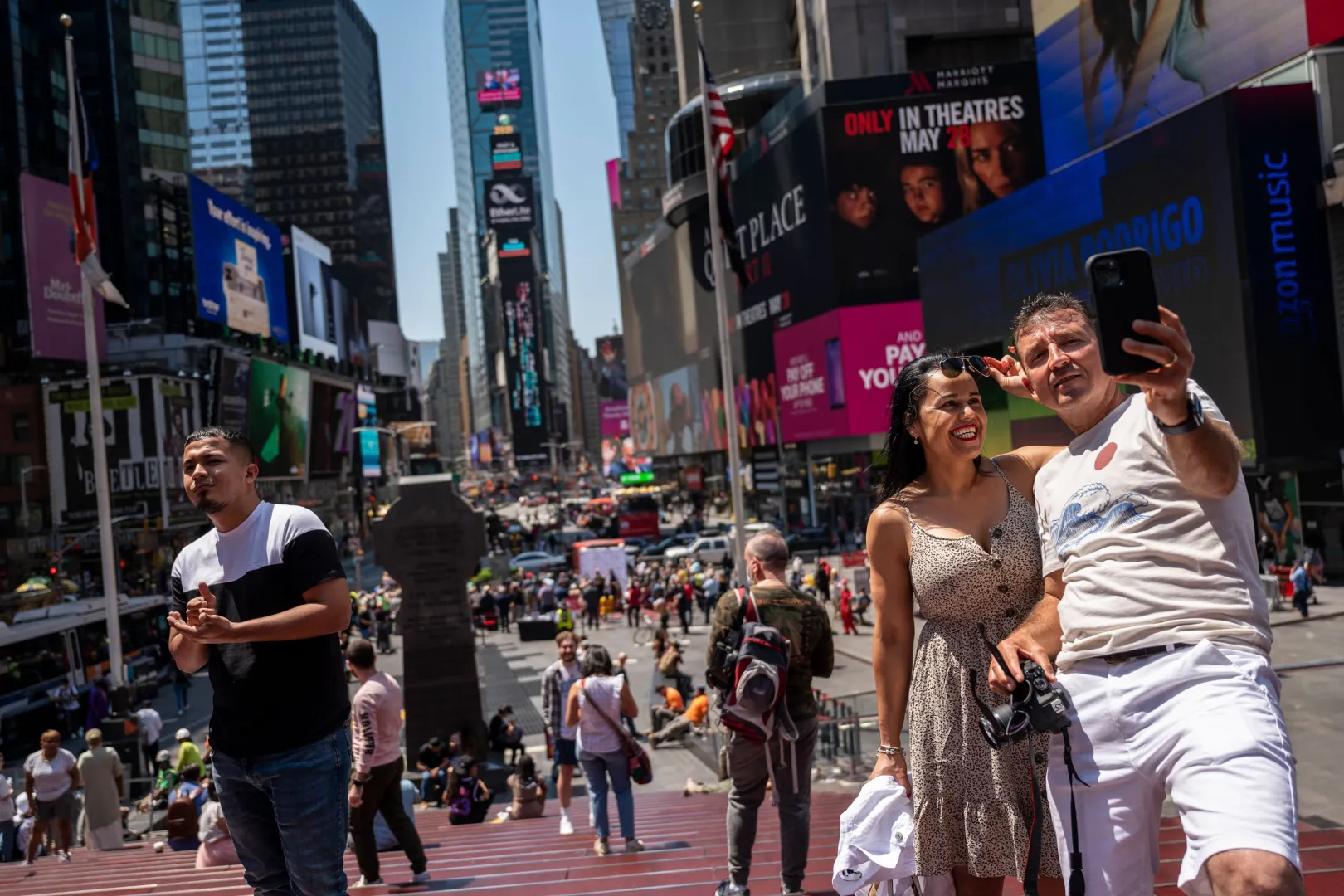New York passed a law defining no-guns zones. Where exactly? That’s complicated.
“There’s going to be challenges” admits an NYPD lawyer who’s among those puzzling out how to apply hazy new rules passed after the Supreme Court’s gun decision.

 This article was originally published on by THE CITY.
This article was originally published on by THE CITY.
A week after the Supreme Court ruled New York’s laws requiring “proper cause” to obtain a gun carry permit violated the U.S. Constitution, Albany lawmakers quickly crafted the Concealed Carry Improvement Act — 21 pages of new law to effectively restrict the number of legally permitted guns in public.
“Proper cause” is no longer in the equation. Instead, the new law tightened up the permit application process going forward and declared much of the state to consist of “sensitive locations” where legally permitted guns will still be prohibited.

Brooklyn Boro
View MoreNew York City’s most populous borough, Brooklyn, is home to nearly 2.6 million residents. If Brooklyn were an independent city it would be the fourth largest city in the United States. While Brooklyn has become the epitome of ‘cool and hip’ in recent years, for those that were born here, raised families here and improved communities over the years, Brooklyn has never been ‘uncool’.